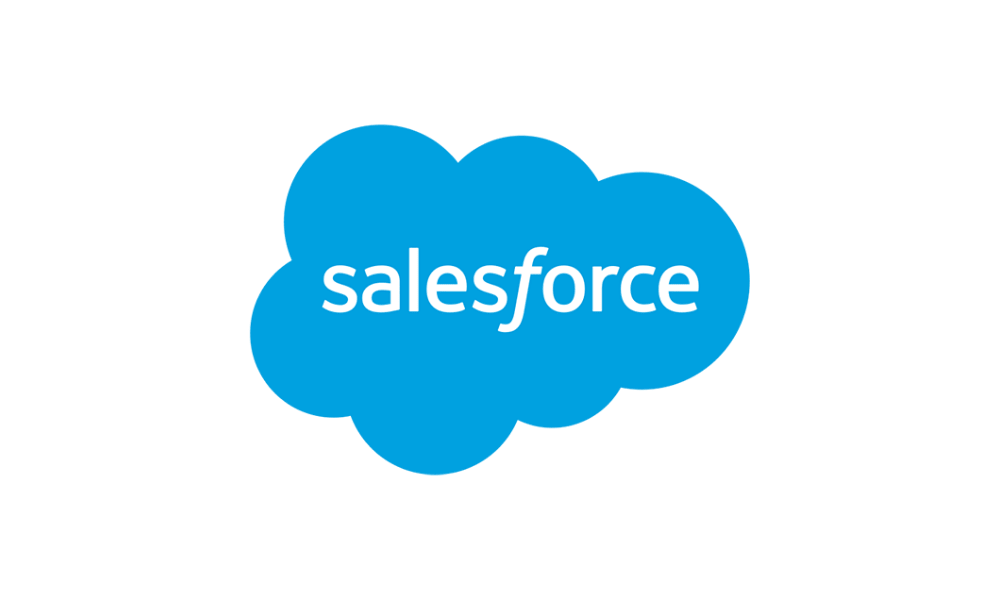SalesForce Commerce Cloud

Dengage's recent integration with Salesforce Commerce Cloud, a leading eCommerce platform, facilitates smooth communication and data exchange between SFCC's eCommerce features and Dengage's advanced engagement tools. This integration allows you to synchronize the following data from your SFCC account to CDMP:
- Contacts
- Orders
- Products
- Events (shopping cart, page view, wishlist, cart, order)
The plugin is supported with Salesforce Storefront Architecture (SFRA)
Settings
| Setting | Required | Description |
|---|---|---|
| Dengage Enabled | Yes | This determines if any actions (backend events, frontend events, SDK injection, or cron jobs) will be run by the module or not. This setting is there to be able to easily enable / disable the plugin for testing or other purposes. Turning this off will disable the integration and no events / data will be sent to the Dengage platform |
| Dengage Account ID | Yes | The Dengage Account ID - this is used to sync events from the backend to the Dengage platform |
| Dengage App GUID | Yes | The Dengage App GUID - this is used to inject the SDK script on the frontend. Without this, the SDK script will not be loaded properly. |
| Dengage API Username | Yes | The username for the Dengage API User - should have permissions to read and write for Data Space and Transactional Push. |
| Dengage API Password | Yes | The password for the Dengage API User - should have permissions to read and write for Data Space and Transactional Push. |
| Dengage SDK Script | Yes | The Dengage SDK script to be added to the frontend for reporting events to the Dengage platform. The exact code that is pasted here is added to the frontend as it is (including the |